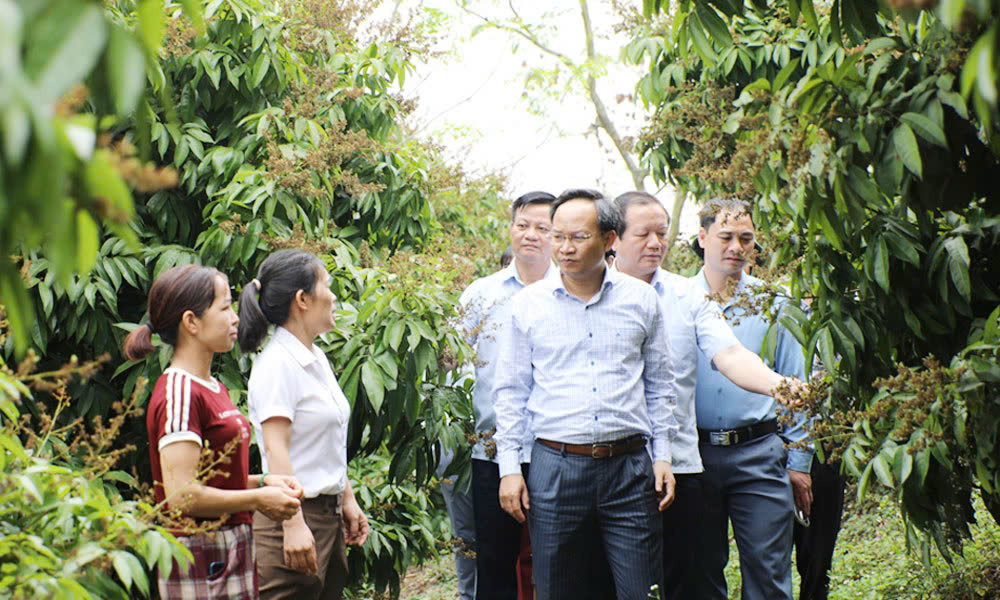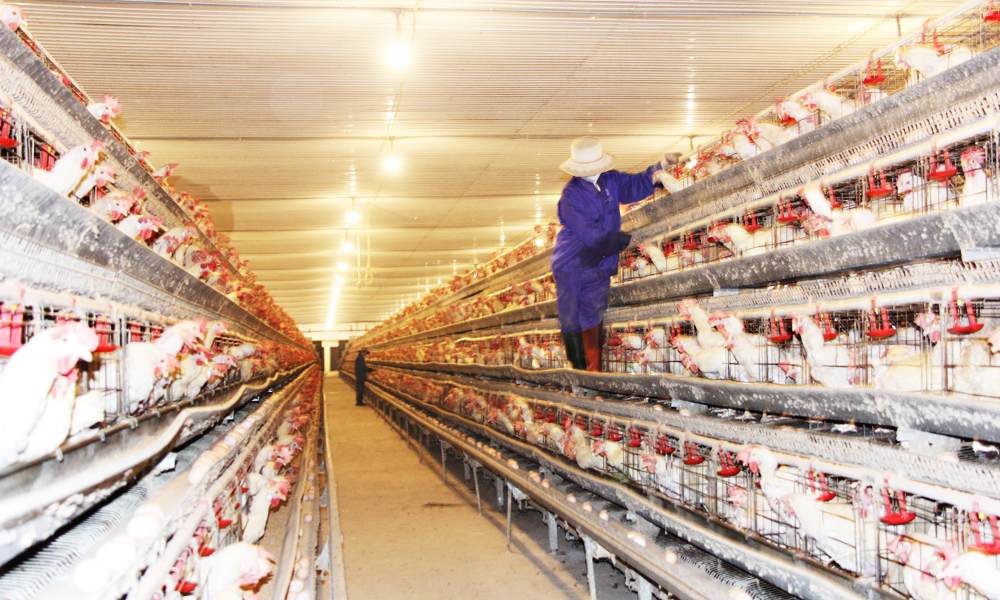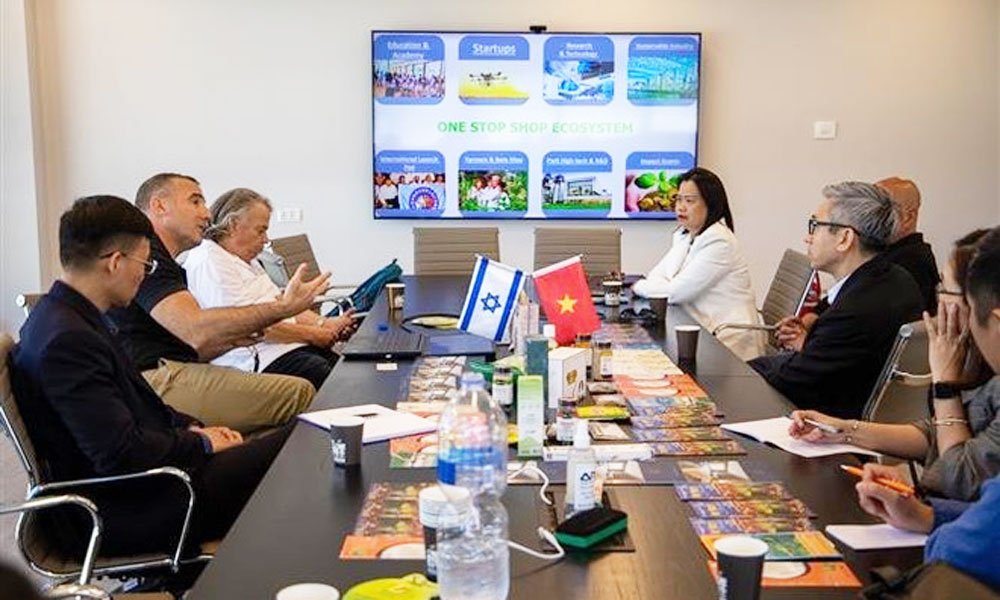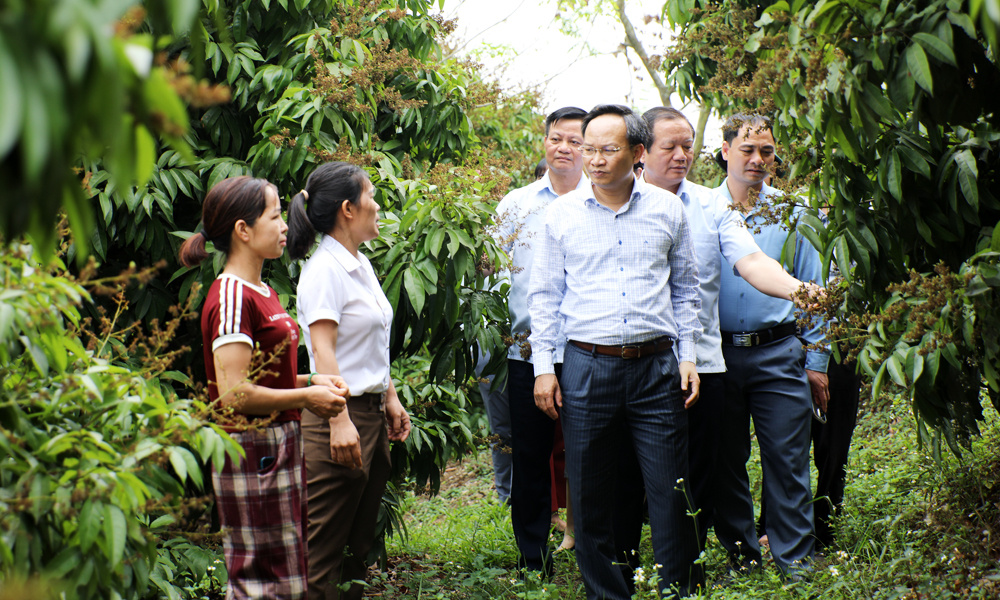New trade pact opens China market to Vietnam’s chili, passion fruit, swiftlet nests
New protocols inked this week have paved the way for Vietnamese agriculture produce such as chili, passion fruit, swiftlet nest, and rice bran to be exported to China.
The agreements, signed by leaders of the two countries during the state visit to Vietnam by Party General Secretary and President Xi Jinping on April 14-15, are expected to boost agricultural exports to China, according to a joint statement.
 |
|
Chili grown in Quang Nam Province, central Vietnam. |
China is also fast-tracking permits for Vietnamese citrus fruits and plant-based traditional Chinese medicinal herbs, while Vietnam plans to expedite imports of Chinese sturgeon.
To streamline trade, the two sides are developing smart border gates and dedicated cargo roads and plan to expand the model.
"China is ready to facilitate the early establishment of additional Vietnamese Trade Promotion Offices in Haikou (Hainan) and other relevant localities," the joint statement said, adding that both sides aim to improve clearance efficiency at border gates and markets to ease congestion.
The protocols build on Vietnam’s growing agricultural exports to China, with shipments of 14 items already worth billions of dollars each.
In the first 11 months of last year China imported $4.6 billion worth of Vietnamese fruits and vegetables, with durian topping the list at $2.84 billion, followed by dragon fruit ($320 million), bananas ($220 million), and jackfruit ($240 million).
Its 1,450-km border with China offers Vietnam a logistical edge, with large Chinese wholesale markets just a few hundred kilometers from Vietnamese farmlands, reducing transport costs and time compared to competitors.
The two countries have pledged to tackle trade and investment barriers and reaffirmed their commitment to an open, transparent and inclusive multilateral trading system, with the World Trade Organization at its heart, ensuring non-discrimination.
They agreed to advance economic globalization that is open, inclusive, mutually beneficial, balanced, and win-win.
Vietnam endorses China’s bid to join the Comprehensive and Progressive Agreement for Trans-Pacific Partnership.
Beyond trade, the two nations agreed to enhance strategic connectivity, focusing on infrastructure for rail, road and border trade.
The Vietnam-China Joint Committee on Railway Cooperation will execute a bilateral agreement on standard-gauge railroad projects linking the two countries.
In aviation, Vietnam and China will increase takeoff and landing slots for each other’s airlines, and encourage them to restore and expand routes.
Vietnamese carriers are encouraged to operate China-made commercial aircraft.
 Bắc giang
Bắc giang














Reader's comments (0)